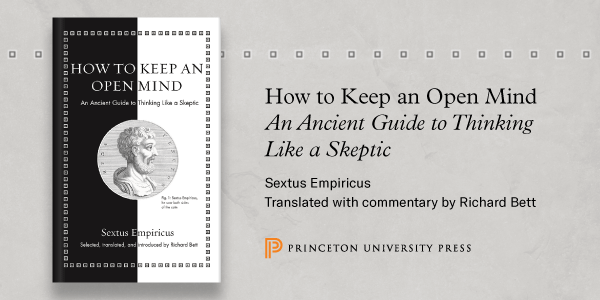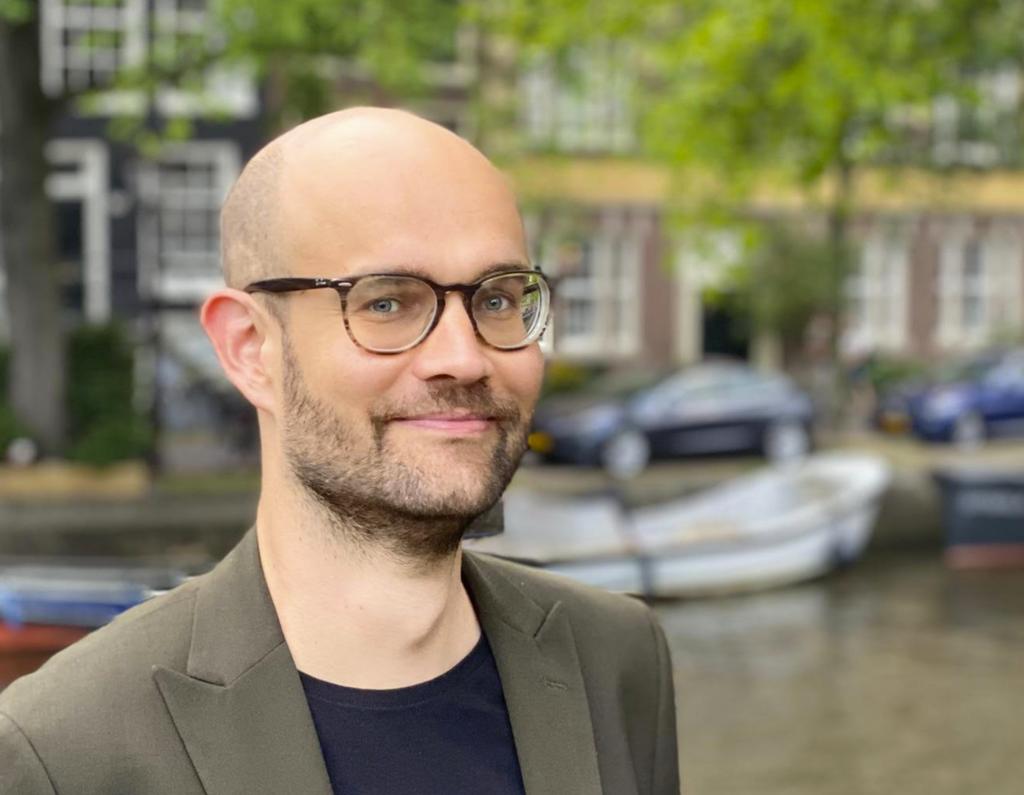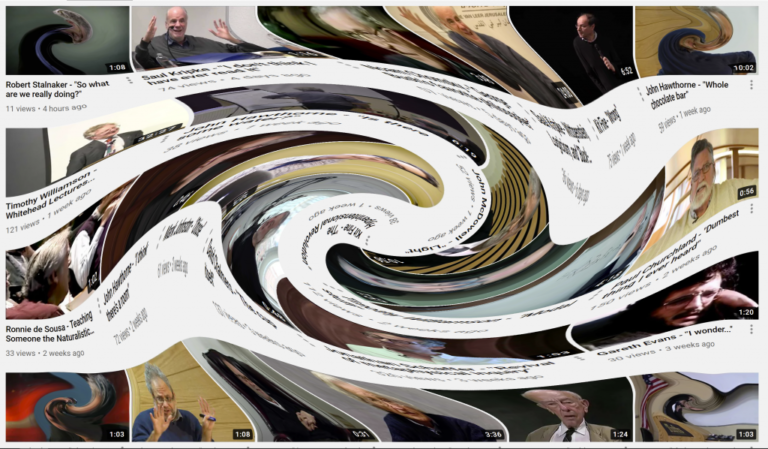In the 1930s, hundreds of European academics fled to the United States, escaping the quickly deteriorating political situation on the continent. Among them were a few dozen philosophers from a variety of schools: logical empiricists, critical theorists, and phenomenologists. Especially the first group would have a tremendous impact on American philosophy. Whereas the local intellectual climate had been dictated by American traditions like pragmatism, U.S. philosophers soon began to advance views that were heavily indebted to the empiricists.


You can learn about the other grant winners here.
The Dutch Research Council (NWO) has awarded 78 researchers “Vidi” grants of €800,000 (approximately 3,000) to develop their research and set up research groups over the next five years. One philosopher is among the awardees.
Historians have extensively reconstructed the fate of the exiled empiricists. Still, little attention has been paid to the American context in which their movement came to full bloom. This is surprising, since any account of the empiricists’ success requires an explanation of why the Americans were so receptive to their views. To what extent did developments in American philosophy pave the way for logical empiricism? And why was the American community more receptive to empiricism than to critical theory or phenomenology? This project shifts the perspective from the refugees to the local philosophical climate by 1) quantitatively analyzing thousands of American journal publications and 2) qualitatively examining the archives of dozens of key American philosophers and institutions.
Sander Verhaegh, assistant professor of philosophy at the Tilburg Center for Logic, Ethics and Philosophy of Science (TiLPS) at Tilburg University, received one of the grants for his project, “Exiled Empiricists: American Philosophy and the Intellectual Migration.” Here’s a description of the project:





